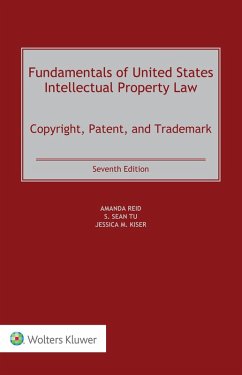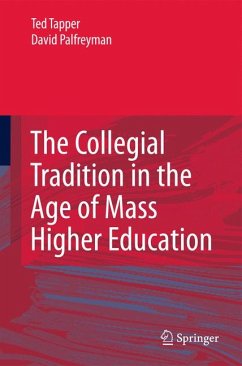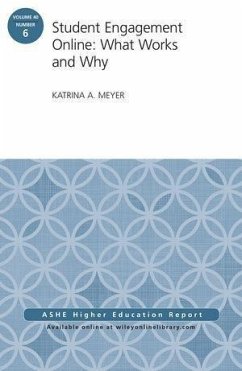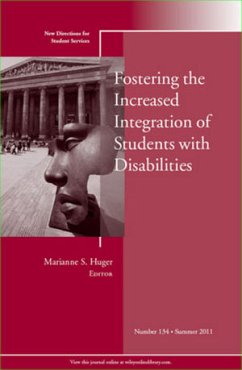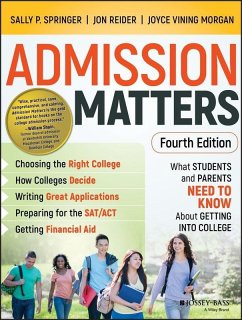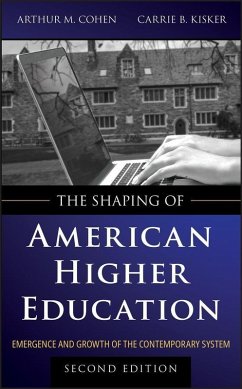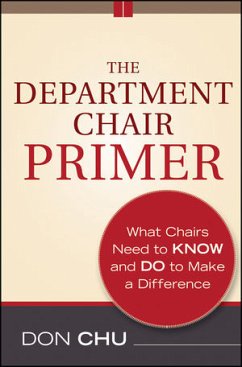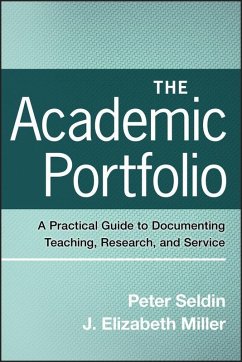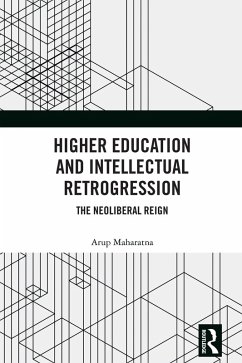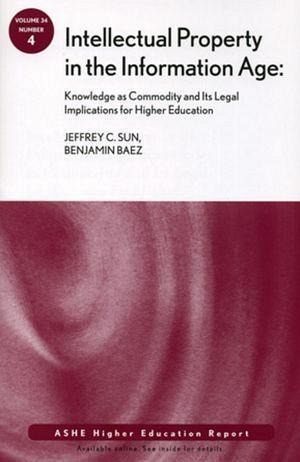
Intellectual Property in the Information Age (eBook, PDF)
Knowledge as Commodity and Its Legal Implications for Higher Education: ASHE Higher Education Report , Volume 34, Number 4

PAYBACK Punkte
0 °P sammeln!
This monograph pays special attention to the intellectual propertyof copyrights and patents. It examines how legal parameters,competing interests, and technological advances take shape ineconomic, political, and social contexts that require colleges anduniversities make intellectual property central to theiroperations. Economic, political and social forces are redefining knowledgeas property that can be owned, and institutions of highereducation, as producers of knowledge, are central participants ofthis phenomenon. Debates about intellectual property are rampant,some arguing that knowledge sh...
This monograph pays special attention to the intellectual propertyof copyrights and patents. It examines how legal parameters,competing interests, and technological advances take shape ineconomic, political, and social contexts that require colleges anduniversities make intellectual property central to theiroperations. Economic, political and social forces are redefining knowledgeas property that can be owned, and institutions of highereducation, as producers of knowledge, are central participants ofthis phenomenon. Debates about intellectual property are rampant,some arguing that knowledge should not become a commodity forexchange, others than intellectual property fosters innovation insociety. What is not debatable is the importance of the law forresolving disputes about intellectual property. Today, the evolving legal context association with intellectualproperty and technological advancements have created competinginterests and demands from individuals, institutions and evennation. The law is often the realm in which these interests anddisputes take place, with more or less satisfying results. Collegesand universities must grapple with not only complex legal issuesbut also the philosophical and political consequences associatedwith the conversation of intellectual acts into property. This is the fourth issue in the 34th volume of the Jossey-Bassseries ASHE Higher Education Report. Each monographin the series is the definitive analysis of a tough highereducation problem, based on thorough research of pertinentliterature and institutional experiences. Topics are identified bya national survey. Noted practitioners and scholars are thencommissioned to write the reports, with experts providing criticalreviews of each manuscript before publication.
Dieser Download kann aus rechtlichen Gründen nur mit Rechnungsadresse in A, B, BG, CY, CZ, D, DK, EW, E, FIN, F, GR, HR, H, IRL, I, LT, L, LR, M, NL, PL, P, R, S, SLO, SK ausgeliefert werden.



